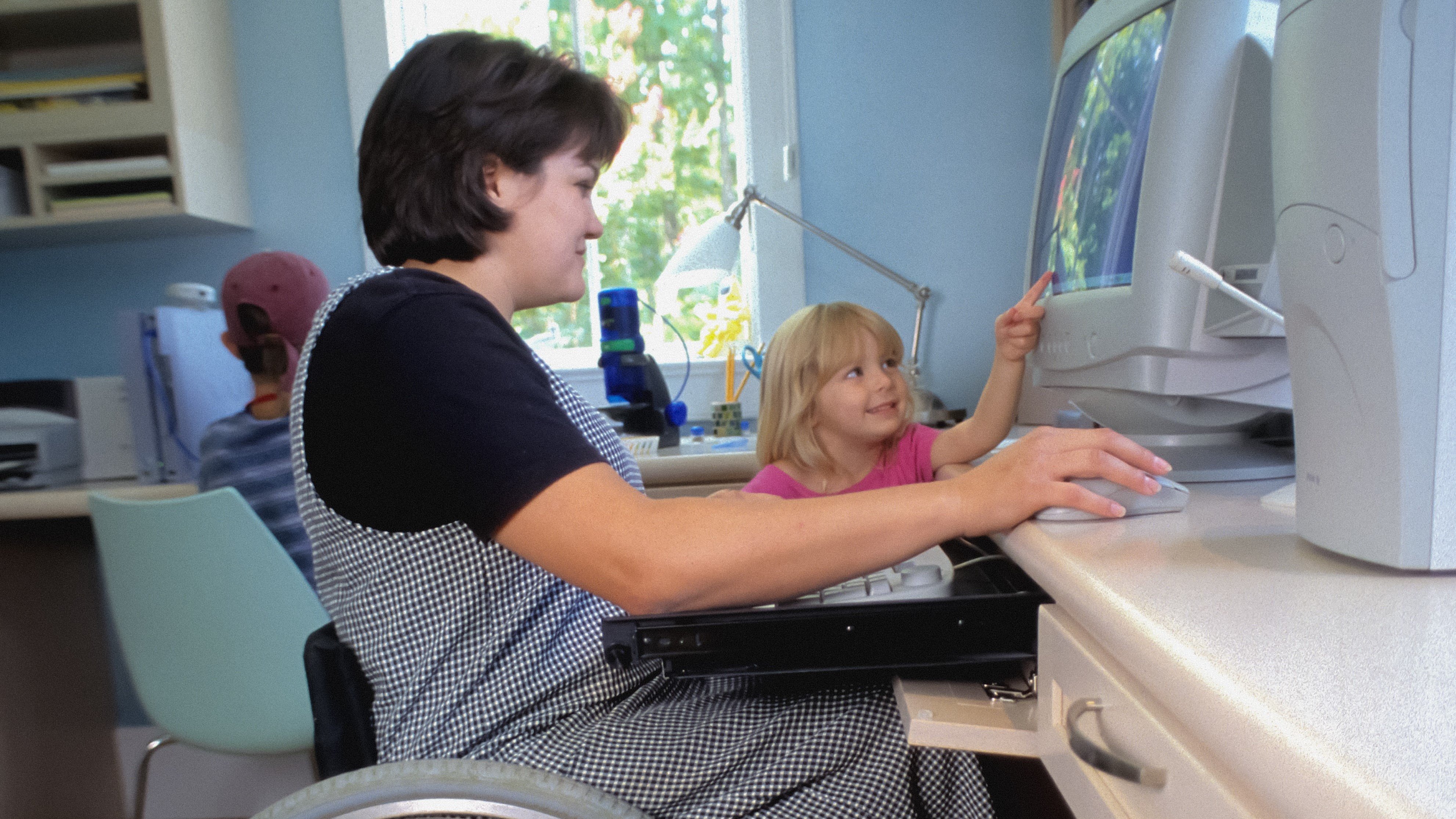 At the end of 2017, I was looking for ways to get more involved in my community. When I first heard of the Leeds Grenville Poverty Alliance, I was intrigued, but could not figure out exactly what their mission was. When I attended my first meeting, I was quite intimidated, walking into a large boardroom with people who work on these issues every day. It soon became apparent that the work they do is meaningful, and that I was fortunate to be able to listen and learn. The following are some of the things I’ve learned about being a part of this group.
At the end of 2017, I was looking for ways to get more involved in my community. When I first heard of the Leeds Grenville Poverty Alliance, I was intrigued, but could not figure out exactly what their mission was. When I attended my first meeting, I was quite intimidated, walking into a large boardroom with people who work on these issues every day. It soon became apparent that the work they do is meaningful, and that I was fortunate to be able to listen and learn. The following are some of the things I’ve learned about being a part of this group.
Surprising Data
Since joining the group, I have learned some surprising and startling facts. When we looked at the Early Development Instrument (EDI), I was surprised to see that in the City of Brockville, we were performing poorly and that the youth population was becoming more vulnerable over time. Some of the information has been more positive. For example, getting to hear the stories of women going through our local Homeward Bound program, and that food bank usage does seem to be subsiding slightly, similar to the findings in other larger cities such as Toronto. One of the more important issues we talk about at our Poverty Alliance meetings is how to deliver this information to the general public. As we are finalizing our “Poverty in Leeds and Grenville” infographic, we have discussed how to present the information simply, but powerfully. This has been a long process, but the varied group at the table lends to a creative and thoughtful space.
Getting Informed and Connected
As someone who does not work in this field, it is interesting to get the opportunity to meet the people that are doing this work every day. I like seeing the diverse group around the table, including not-for-profit workers, medical staff, school administrators, and interested citizens like myself. This allows for connections to be made, for example, one not-for-profit director was able to inform us of a gender equality dialogue, something I would otherwise be unaware of. The biggest advantage of being privy to this information is simply being informed. When people talk about us living in an affluent area that does not need more support I am able to tell them exactly how many people were identified in the recent homelessness enumeration, or how many people use the food bank, and soon what the living wage is.
Making a Difference
Although we are rural, we are still making our voice heard. Our late MP Gord Brown held a very well-run open house when the poverty strategy was in the works. We were one of the 33 localities that held a community conversation. It is exciting to see that some of what we talked about is in there. Particularly touching in our session was the retired teachers speaking of their students who struggled because of living in poverty. Similar stories are evident throughout the Canadian Poverty Reduction Strategy, especially in the section about the “Inability to Meet Basic Needs”.
While I cannot attend every meeting, I always look forward to receiving updates from the group. Whether I am able to participate or not, I rest easy knowing that there is a concerted effort to better our community.
Take Your Learning Further:





